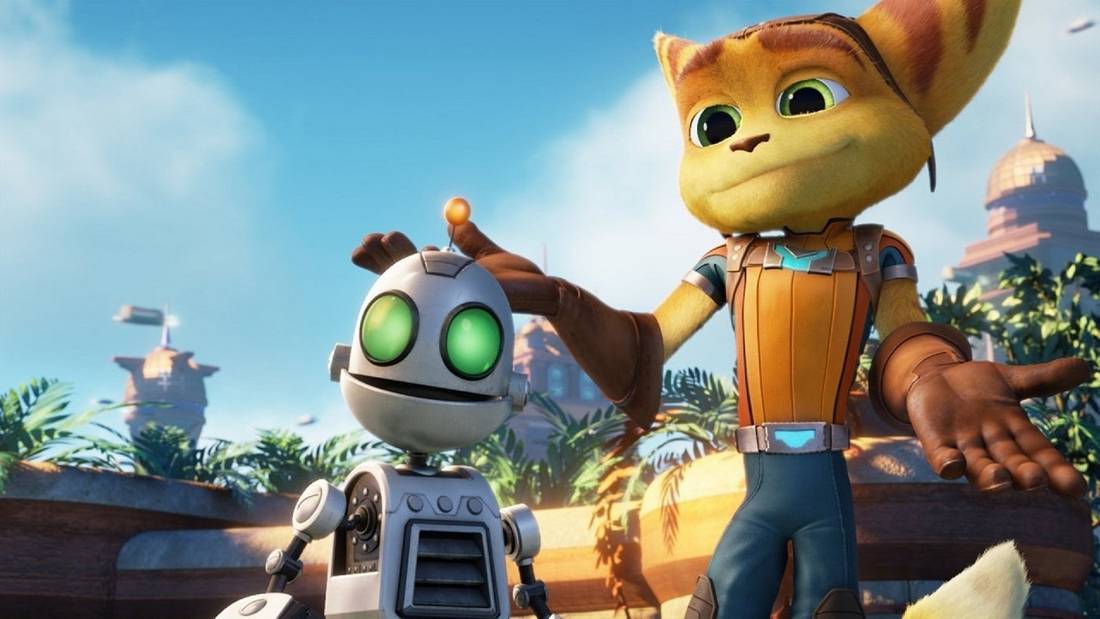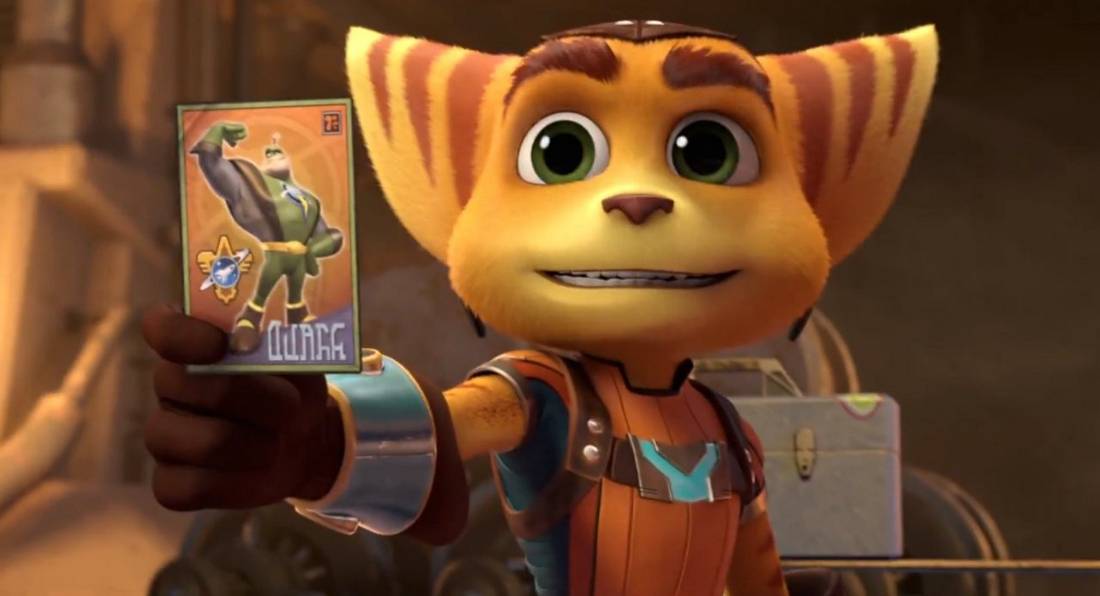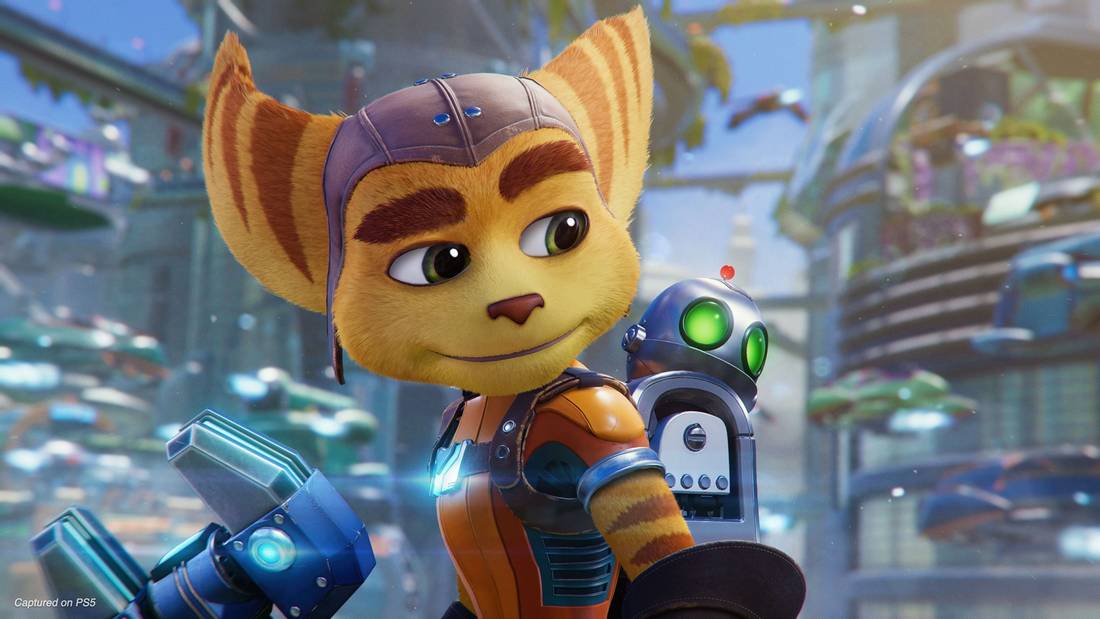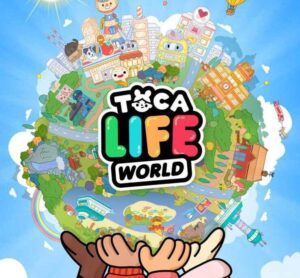Breaking News: Ratchet & Clank’s Long-Lost Mobile Sequel, “Clone Home,” Finally Saved from Gaming Oblivion
Popular Now
 Call of Duty
Call of Duty
 Gacha Club
Gacha Club
 Poppy Playtime
Poppy Playtime
 Roblox
Roblox
 League of Legends
League of Legends
 Geometry Dash
Geometry Dash
 Black Myth: Wukong
Black Myth: Wukong
 Stumble Guys
Stumble Guys
 Warframe
Warframe
 Garena Free Fire: Kalahari
Garena Free Fire: Kalahari 
The 19-Year Hunt for a PlayStation Spinoff’s Lost Sequel
For nearly two decades, a small but dedicated contingent of the Ratchet & Clank fanbase pursued what many considered a ghost: a canceled mobile game sequel known as Clone Home. Launched in 2005, the original Java-based mobile spinoff, Ratchet & Clank: Going Mobile, was a quirky, surprisingly well-received side project from the beloved PlayStation franchise. Its sequel, Clone Home, was scheduled for a 2006 release but vanished entirely, becoming a fabled piece of gaming lost media.
The tale of its disappearance and subsequent recovery is a profound lesson in the crucial role of video game preservation in a digital age. The existence of a complete, fully playable version of Clone Home was recently confirmed, marking the end of a six-year, highly focused preservation effort. This discovery is a massive win for retro gaming enthusiasts and highlights the fragility of older digital releases, especially those on defunct platforms like early Java cell phones.
High-value keywords in the gaming sector often revolve around technology, hardware, and new releases, but the passionate pursuit of archival gaming and digital preservation narratives continues to drive significant interest and high-engagement traffic. This news, combining nostalgia with a dramatic hunt, is a prime example.
Six Years of Dedication: Unraveling the Mystery
The preservation project, which gained momentum around 2019 following a key video from YouTuber The Golden Bolt, was an incredibly painstaking process. Unlike a console game where physical copies may exist, early mobile games were distributed through carrier networks, making them notoriously difficult to archive. The method involved acquiring vintage cell phones in bulk, hoping to stumble upon one that had the unreleased game accidentally installed or briefly accessible from a small carrier release window.
- The sequel, Ratchet & Clank: Clone Home, was developed to follow up on the successful Going Mobile.
- It was intended for J2ME (Java 2 Platform, Micro Edition) phones, a platform now obsolete.
- The search focused on old rumors suggesting the game had been sent to cell providers and leaked in minuscule numbers.
- The discovery wasn’t a broken prototype but a complete, end-to-end playable version of the title.
 This relentless, almost forensic dedication by fans like Emily and Super Gamer Omega Clank underscores the community’s commitment to ensuring no part of gaming history is irrevocably lost. The effort involved significant time and a “decent amount of money” to acquire the necessary 20-year-old hardware, making it an expensive undertaking driven purely by passion.
This relentless, almost forensic dedication by fans like Emily and Super Gamer Omega Clank underscores the community’s commitment to ensuring no part of gaming history is irrevocably lost. The effort involved significant time and a “decent amount of money” to acquire the necessary 20-year-old hardware, making it an expensive undertaking driven purely by passion.
Technical and Historical Significance of the Find
The found version of Clone Home, which has since been safely uploaded to Archive.org for public access and study, offers a unique window into the franchise’s development history. While the preservationists note some minor bugs and balancing issues, confirming the game wasn’t fully polished for launch, its completeness is a historical marvel. It presents the intended narrative and gameplay mechanics of a title that was completely scrubbed from existence.
The technical challenges inherent in this type of preservation are immense. They go beyond simple emulation, requiring a deep understanding of outdated mobile operating environments and carrier-specific software distribution methods. The successful dumping of Clone Home sets a precedent for rescuing other elusive mobile titles from the same era—a major issue in the broader digital media preservation landscape.
Industry Response: Unconfirmed reports suggest that developers at Insomniac Games and contacts at Sony have been “privately shared that they’re excited by this news,” even if they are not commenting officially on the record. This reaction debunks an old sentiment, once attributed to a former PlayStation boss concerning the console series’ viability, that “no one wants to play that old game,” confirming the immense value and appeal of classic gaming content.
The Ongoing Imperative of Game Preservation
The successful archival of Ratchet & Clank: Clone Home is a potent reminder of how quickly digital assets can become inaccessible. As more games transition to a purely digital distribution model, the risk of “delisting” and permanent loss grows exponentially. This finding empowers the growing movement for open-source game preservation and challenges major publishers to take a more proactive stance in safeguarding their own legacies.
The gaming community’s efforts, often driven by a genuine love for the art form, fill a critical void left by the commercial imperatives of the industry. For the few dedicated individuals who championed this cause for almost two decades, the discovery of Clone Home is not just finding a game—it’s restoring a lost chapter of a beloved saga. The question now shifts from “Will it ever be found?” to “What other digital treasures are waiting to be saved?”
High-yield keywords that encapsulate this topic include: Lost Media Found, Video Game Archiving, Classic Gaming Restoration, Ratchet and Clank Mobile, and Digital Content Preservation. This story provides immense value to audiences interested in the intersection of technology, cultural history, and dedicated fan work.
Additional Insights on Lost Mobile Gaming
 Mobile gaming from the pre-smartphone era (J2ME and BREW platforms) is arguably the most vulnerable category of lost media. Developers and publishers had little incentive for long-term support, and the distribution methods were inherently fleeting. The complexity of preservation extends beyond simply finding a file:
Mobile gaming from the pre-smartphone era (J2ME and BREW platforms) is arguably the most vulnerable category of lost media. Developers and publishers had little incentive for long-term support, and the distribution methods were inherently fleeting. The complexity of preservation extends beyond simply finding a file:
- Device Compatibility: Games were often built for specific phone models, making universal emulation challenging.
- Carrier Exclusivity: Content was frequently exclusive to a single mobile carrier, complicating the search.
- Server Dependency: Even single-player games sometimes had server checks or online components that are now defunct.
The success with Clone Home provides a blueprint for tackling other high-profile missing titles from the era, injecting renewed urgency into the broader gaming industry conversation about heritage and conservation. This preservation victory underscores the power of a dedicated, niche community to reclaim digital history from the passage of time.







